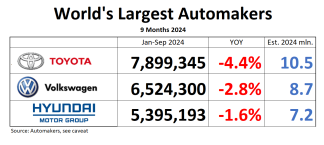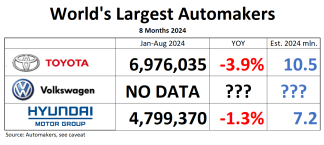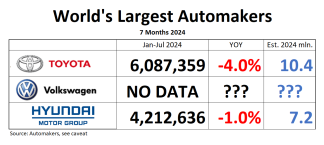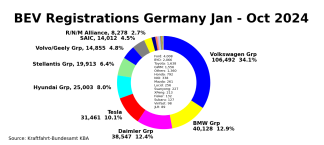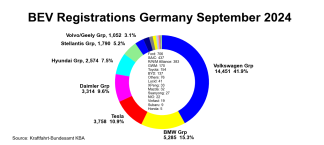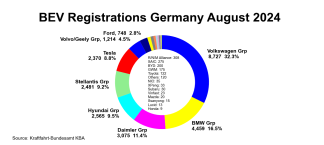“Ursula, we are leaving,” or words to that effect, said Ferdinand Piech to his wife Ursula, and both stepped down from the supervisory board of Volkswagen. Or maybe, it was “Ferdi, they don’t deserve you, let’s go.” They said it two hours after the board’s six-member executive committee sat down for yet another emergency meeting, this time near the Braunschweig-Wolfsburg airport, where with Volkswagen money the runway was extended to accommodate Volkswagen’s Airbus A319. The committee decided “that in view of the background of the last weeks the mutual trust necessary ?for successful cooperation no longer exists.” Ferdinand and Ursula tendered their resignation.
Ferdinand and Ursula leave behind a very much disturbed Volkswagen management. The rift between patriarch Piech and his longtime vassal Winterkorn surprised managers even more than the sudden departure of Mr. and Mrs. Piech. Two weeks after Piech made his toxic “I am at a distance to Wibnterkorn,” the true reasons of the distancing are still subject to a widespread guessing game in Volkswagen’s global empire. The only thing that is clear is that a lack of luck in the U.S., and an absence of a low-cost line are not the real reasons. Winterkorn’s alleged failures are more a failure of the long-term memory of an America-centric press.
- U.S. sales of the Volkswagen Group were eroding in the end phase of Piech’s regime as Volkswagen CEO, and they continued to erode under his successor Pischetsrieder. With Winterkorn at the helm, U.S. sales stabilized, then they climbed higher than in the past decade. Sure, Volkswagen brand sales in the U.S. are lacking, but in the words of an old Volkswagen friend I bumped into at the Shanghai Auto Show: “Volkswagen has always had a problem in America, what else is new?”
- And the lack of a low cost line? “Give me a break,” said the old friend, “Piech himself shot down any ideas of low cost lines.” Indeed, right after Piech’s arrival at Volkswagen, a relentless “up-positioning” of the VW brand began, bigger, better, higher-priced, a move that quickly culminated in Piech’s pricey pet, the Phaeton, which found a lot of praise, but very few buyers.
One thing is clear: The aftershocks of Piech’s departure will lead to fractures at Volkswagen’s top. Austrian cronyism runs deep at Volkswagen, and the many outspoken Piech-worshippers in Wolfsburg suddenly live dangerously. Those who think that Piech will return like Napoleon from Elba will be disappointed. To do that, Ferdinand would have left Ursula behind at the board. Informed sources in Germany already wonder aloud what Piech will do with his Volkswagen stock, and who will get it.
If there is a winner, then it is the State of Lower Saxony (holds 20 percent of the shares) and the unions (occupy half of the board seats.) They kept Winterkorn in power, thereby guaranteeing well-paid jobs. If Winterkorn wants to cut jobs, he will be reminded who saved him.
Fugen-Ferdi is gone, and he left deep cracks in his empire.
P.S.: If you look up Volkswagen Group’s U.S. sales in Wikipedia, you will find slightly – or sometimes grossly – different numbers than the ones supporting the graph above. The numbers for the graph above are pulled directly from Volkswagen AG’s annual reports.



